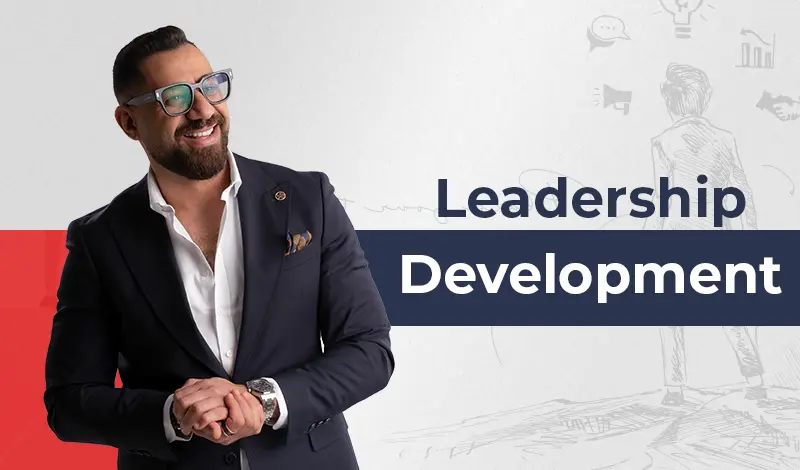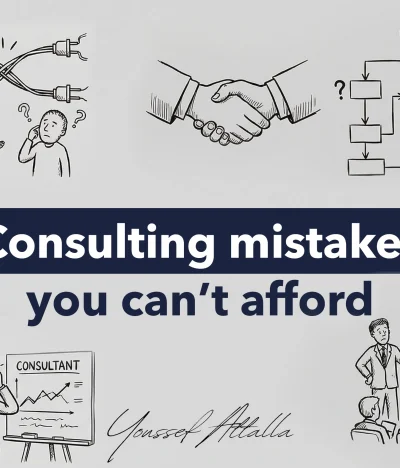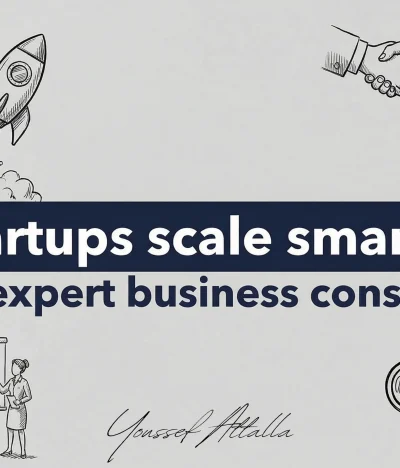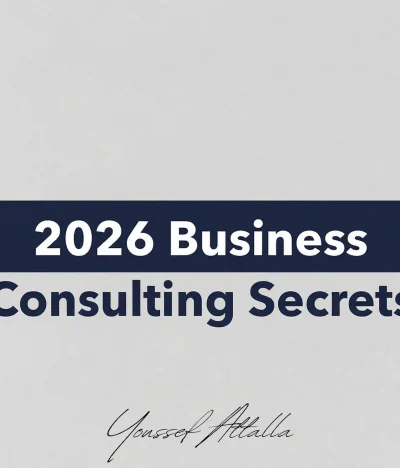In today’s fast-paced and ever-evolving business landscape, leadership is not just about authority, it’s about vision, adaptability, and driving impact.
Strong leadership drives innovation, boosts morale, and steers companies through challenges toward long-term success. As a result, leadership development strategies have become a top priority for organizations seeking to build resilient teams and empower future leaders.
But what truly makes leadership development effective? Expert business consultants have long emphasized that effective leadership isn’t born, it’s built. It requires a strategic approach tailored to individual potential, organizational goals, and changing market dynamics.
Let’s dive into the most impactful strategies for developing strong leaders and see how leading voices and organizations are shaping the future of leadership in 2025 and beyond.
Why Leadership Development Matters in 2025
In an increasingly competitive market, businesses can’t afford to overlook leadership. Whether you’re managing a small team or running a large enterprise, investing in leadership development helps:
- Improve employee retention
- Enhance team productivity
- Strengthen decision-making
- Foster innovation and growth
Companies that actively focus on leadership development also report better customer experiences, increased profitability, and more agile adaptation to industry changes.
This isn’t just a luxury for large corporations, startups and mid-sized businesses are also adopting structured programs to nurture leadership from within.
Strategy 1: Personalized Coaching and Mentorship
One of the most effective ways to develop leadership is through one-on-one coaching and mentorship. Unlike traditional training sessions, coaching offers personalized guidance that addresses specific strengths and challenges.
Mentorship programs, especially those led by seasoned professionals, offer rising leaders the chance to learn from real-world experience. These connections are invaluable in developing emotional intelligence, problem-solving skills, and the ability to lead under pressure.
Many business development services now include coaching and mentoring as essential components of their leadership offerings.
Strategy 2: Hands-On Learning and Cross-Functional Roles
Leadership can’t be fully developed in a classroom. Real growth happens in the field. Allowing potential leaders to rotate between departments, take on stretch assignments, or lead special projects offers hands-on experience that builds confidence and decision-making skills.
By working across teams, future leaders gain a deeper understanding of the business as a whole, encouraging empathy, collaboration, and creative thinking.
This experiential learning also nurtures strategic thinking, preparing them to manage bigger roles in the future.
Strategy 3: Data-Driven Development Plans
Modern organizations are turning to data to optimize leadership development. Using tools like performance reviews, employee feedback, and engagement analytics, companies can design development plans that are measurable and results-driven.
Customized plans help businesses align leadership growth with key performance metrics. This ensures that training isn’t just theoretical, it’s tied directly to the company’s objectives and future vision.
A strong leadership pipeline fueled by data ensures organizations remain agile and competitive in a rapidly changing marketplace.
Strategy 4: Embedding Leadership into Company Culture
True leadership isn’t confined to titles or roles, it should be embedded into the culture. Businesses that instill leadership values at every level create a shared sense of accountability, trust, and innovation.
Encouraging employees to take initiative, speak up, and lead projects builds a culture of empowerment. And when leadership becomes a shared value rather than a status symbol, businesses thrive on collective progress.
This is especially vital in industries where team coordination, innovation, and customer-centricity are key to success.
Strategy 5: The Role of HR and External Experts
Leadership development should never be siloed. It requires collaboration across departments especially with HR. Modern HR services play a pivotal role by identifying high-potential employees, creating development frameworks, and integrating feedback systems to track growth.
However, many companies also seek the guidance of external business consultants to provide fresh perspectives and proven methodologies. These consultants bring valuable industry insights and help customize development strategies that align with both global trends and company culture.
Leadership in Action: The Case of Youssef Attalla
A shining example of impactful leadership in Egypt is Youssef Attalla, founder of NouvelAge Clinic and a key figure at You Ventures, a prominent venture builder supporting high-growth businesses across the region.
Youssef’s leadership philosophy centers around innovation, customer-first service, and continuous improvement. His ability to merge business intuition with strategic growth has positioned NouvelAge as a leader in Egypt’s beauty and wellness sector, with 10 thriving branches across the country.
At You Ventures, his vision has helped incubate and support startups with scalable ideas and market potential, offering them access to resources, mentorship, and growth-focused infrastructure.
While Attalla’s story is unique, it underscores the importance of forward-thinking leadership and the power of combining vision with execution.
Measuring the Impact of Leadership Development
The success of any leadership program depends on tracking tangible outcomes. Here are some essential metrics businesses use to measure progress:
- Employee engagement and satisfaction scores
- Promotion rates of program participants
- Team performance and goal completion
- Retention rates of high-potential talent
- Innovation and problem-solving contributions
Consistently measuring these indicators helps companies fine-tune their strategies and reinforce what’s working. Leadership is an evolving skill and so is the way we nurture it.
Final Thoughts: Investing in the Future of Leadership
As we move further into 2025, leadership development is no longer optional, it’s a competitive necessity. Organizations that prioritize leadership are better prepared for change, more attractive to top talent, and capable of achieving sustained growth.
Whether you’re a startup founder, an HR manager, or an executive leading a large team, implementing strong leadership strategies will empower your organization from the inside out.
With the guidance of skilled business consultants, support from HR professionals, and a company-wide commitment to leadership culture, any business can build a pipeline of visionary leaders ready to shape the future, so contact us now!





